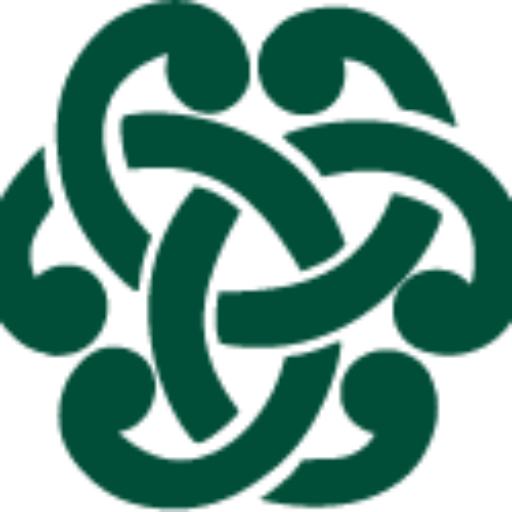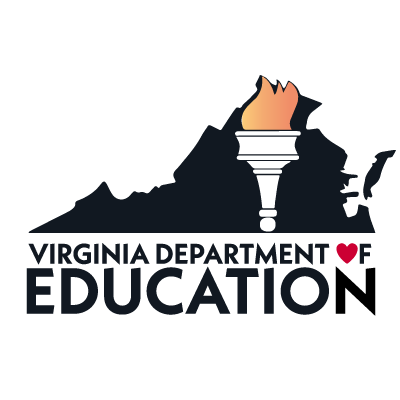- students will be able to successfully compete in a global society
- students will attain the knowledge, skills, and attitudes to become lifelong learners
- schools will educate each student to be a successful, productive contributor to society
- schools will ensure every student achieves at his or her maximum potential
- establishing a division-wide Student Goal Setting Model
- creating college and career plans for every student based on his or her interests, aptitude, and personal research
- teaching instructional strategies to enhance school-based instructional practice
- engaging students in understanding their achievement data
Students with disabilities who are successful in life are self-aware (e.g., know their strengths and needs), are goal-oriented, and know how to achieve their desired future (Hong & Shull, 2009). How do we teach and encourage students to learn and demonstrate these behaviors? The articles in this issue of Link Lines provide educators with tools to actively engage students and encourage them to play a leadership role in their educational programs. Link Lines authors highlight the importance of explicit strategy instruction, teacher-to-student feedback, student leadership, and self-determination skills development that supports the success of students with disabilities.
Lee Anne Sulzberger, in the article I’m Determined Tools: Web Apps Now Available!, highlights the latest version of I’m Determined apps that support students in developing goal-setting and self-awareness skills. In her article Developing Self-Determination Skills Through Student-Led IEPs, Debbie Grosser also guides readers to the I’m Determined website as well as other resources and tools that prepare students with disabilities to be involved in and lead the Individualized Education Program (IEP) process. Another article, Learning How to Learn: A Critical Component of Academic Success, was featured in the May 2014 issue of Link Lines. In this article Debbie Grosser explores teaching metacognition and study strategies that are critical for student success in academic settings.
Throughout the instructional process, it is critical for teachers to provide students with specific, timely, and constructive feedback related to their progress on instructional objectives. Christine Peterson describes the significant features of this important process and provides a tool for teachers to self-assess their feedback practices in Feedback – Teacher to Student. Finally, Cathy Buyrn, in Specially Designed Instruction: The Importance of Specific Strategy Instruction, provides readers with resources and tools for teaching students with disabilities academic and self-regulation strategies that will enable them to understand how to approach and monitor their progress on new learning tasks and master academic content.
Preparing students for a successful life after school begins while students are in school. We hope that you find the tools and strategies in this Link Lines issue useful for supporting your mission of improving outcomes for students – the focus for all that you do!
References
Hong, B. S., & Shull, P. J. (2009). Self-determination as an educational outcome: A paradigm shift. Special Education, 2(21), 76-82.




